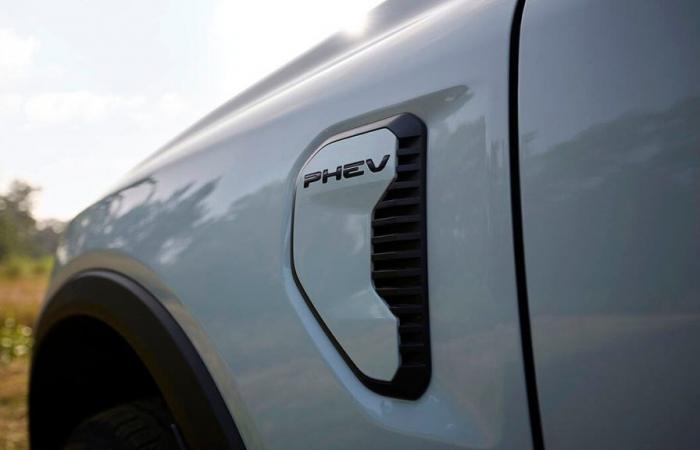In 2025, there will be some important changes within the automotive world, including for hybrid models which will gradually lose certain advantages.
There was a time when the purchase of a hybrid car was encouraged, even subsidized, particularly after the Dieselgate episode where thermal, and more particularly diesel, had become the big bad wolf. Electricity was not not yet mature enough at that time, the legislator had turned to the hybrid to find a way to encourage customers to turn to cleaner vehicles.
While some, like Toyota’s full hybrids, are indeed cleaner and save their customers a lot of money, plug-in hybrids have been in the eye of the storm for several years. In question, consumption and CO emissions2 announced by the approval cycles quite far from reality.
Plug-in hybrids and their paradoxes
Because in real life, few customers recharge their PHEVs every evening, especially since the terminals are increasingly taken over by electric cars which have no other alternative. only electrons to move, quite the opposite of a PHEV which continues to have a thermal engine.
If some PHEVs are indeed economically interesting as long as they are recharged regularly, others seem like a good excuse to circumvent CO standards2 imposed. We think in particular of these imposing German SUVs equipped with powerful V6 or V8, which emit even more CO2 than an equivalent model without hybridization due to a much greater weight.
End of benefits for (large) PHEVs
The fact remains that hybrid vehicles see their advantages disappear like snow in the sun. From 1is January 2025, automobile taxation in France will be entitled to some changes. Indeed, a new dimension to the ecological penalty will come into force, and concerns hybrid vehicles in particular. The threshold for triggering the penalty should fall below 118 g/km of CO2 and thus concern several hybrid models with, as a result, a small penalty. Then there will also beextension of the weight penalty when establishing their registration documentwhich could represent a significant cost for future buyers.
Currently set at 1,800 kg, the weight threshold beyond which the penalty applies will be lowered to 1,600 kg. This reduction will therefore affect a greater number of vehicles. As with current regulations, certain vehicles will be exempt from this penalty. This is particularly the case for electric vehicles (100% electric).
A penalty that could quickly hurt
As of 1is January 2025, PHEV SUVs will also be penalized after a one-year reprieve. However, those with a range of more than 50 km will have preferential treatment, namely a reduction of 200 kg, within the limit of 15% of this same mass. A hybrid SUV weighing 2,000 kg would be subject to a penalty of 200 kg above the threshold. If the penalty rate is set at 50 euros per kilogram, this would represent 10,000 euros of additional tax.
Another hybrid model weighing 1,900 kg would see a penalty of 100 kg above the threshold, or an amount estimated at 5,000 euros if the rate is 50 euros per kilogram.






